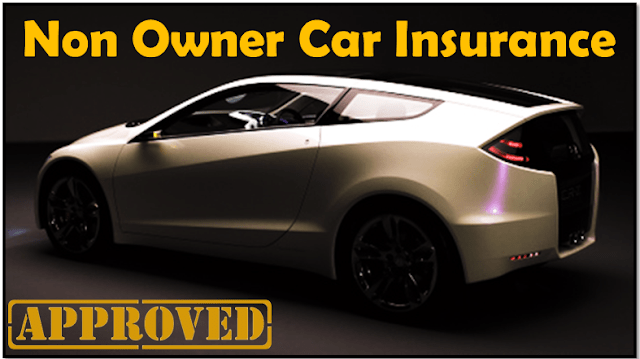What Benefits Does Non-Driver Car Insurance Offer?
Is it true that non-driver car insurance can provide essential protections for individuals who don't own a vehicle? This type of insurance offers liability coverage when you drive someone else's car, ensuring you're not left financially vulnerable in an accident. It also maintains continuous coverage during changes between vehicles, a key factor for those needing to meet specific state requirements. However, there's more to reflect on about its long-term benefits and implications for your financial well-being.
When you don't own a car but frequently borrow or rent vehicles, non-driver car insurance can be a smart choice. This type of policy provides liability coverage when you drive someone else's car or a rental vehicle, shielding you from financial responsibility in the event of an accident. In states that require proof of financial responsibility to maintain a driver's license, having non-driver insurance can fulfill this requirement and help you avoid penalties.
One of the primary benefits of non-driver car insurance is that it helps avoid gaps in your insurance coverage, especially when you're in-between vehicles. For instance, if you're waiting to purchase a new car, maintaining a non-owner policy guarantees you have continuous coverage. This is particularly important for higher-risk drivers who must keep liability insurance active to meet state requirements. If you've been mandated to file an SR22 or FR44, acquiring a non-owner policy can be essential for license reinstatement. Additionally, maintaining continuous coverage through a non-owned insurance policy can help reduce your premiums in the long run.
Non-driver car insurance ensures continuous coverage, vital for higher-risk drivers needing to meet state liability requirements.
The liability coverage offered through non-owner policies typically includes Bodily Injury Liability and Property Damage Liability. Bodily Injury Liability covers medical expenses resulting from accidents where you're at fault, while Property Damage Liability helps pay for damages to others' property. You can also consider adding Uninsured and Underinsured Motorist coverage for additional protection, which can prove necessary if you find yourself in an accident with a driver who lacks adequate insurance.
These policies are particularly beneficial for those who frequently borrow cars or rent vehicles. Imagine you're test-driving a car during your shopping process; having non-driver coverage means you won't be financially liable for accidents that may occur during that time. If you drive friends' cars without being named on their insurance policy, non-owner insurance becomes essential to guarantee you're protected.
Moreover, engaging in co-driving or car-sharing situations often requires extra coverage, and non-owner insurance can be an effective solution. Lower premiums are another advantage of non-driver policies, making them a cost-effective choice for many drivers. Generally, these policies are cheaper than traditional auto insurance intended for car owners. You can expect to pay between $200 and $500 annually for non-owner coverage, depending on factors like age, location, and driving history.
Insurers often provide discounts for maintaining continuous coverage or having a clean driving record, making this type of insurance an attractive option. However, it's important to understand the limitations of non-driver insurance. It doesn't cover damage to the vehicle being driven or provide thorough and Collision coverage. Additionally, if you or your passengers sustain injuries, you'll need to purchase specific additional coverage to be protected.
Moreover, the policy typically doesn't apply to vehicles owned by household members, and rental car damage may require further coverage options.
Conclusion
To sum up, non-driver car insurance isn't just a safety net; it's a smart choice for those who often find themselves behind the wheel of borrowed or rental vehicles. Coincidentally, it mirrors life's unpredictability—just like you can't foresee when you'll need a ride, you can't always predict the need for coverage. By opting for this insurance, you're not only protecting yourself financially but also ensuring peace of mind, allowing you to navigate life's journeys with confidence.

